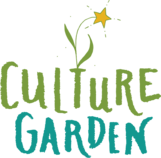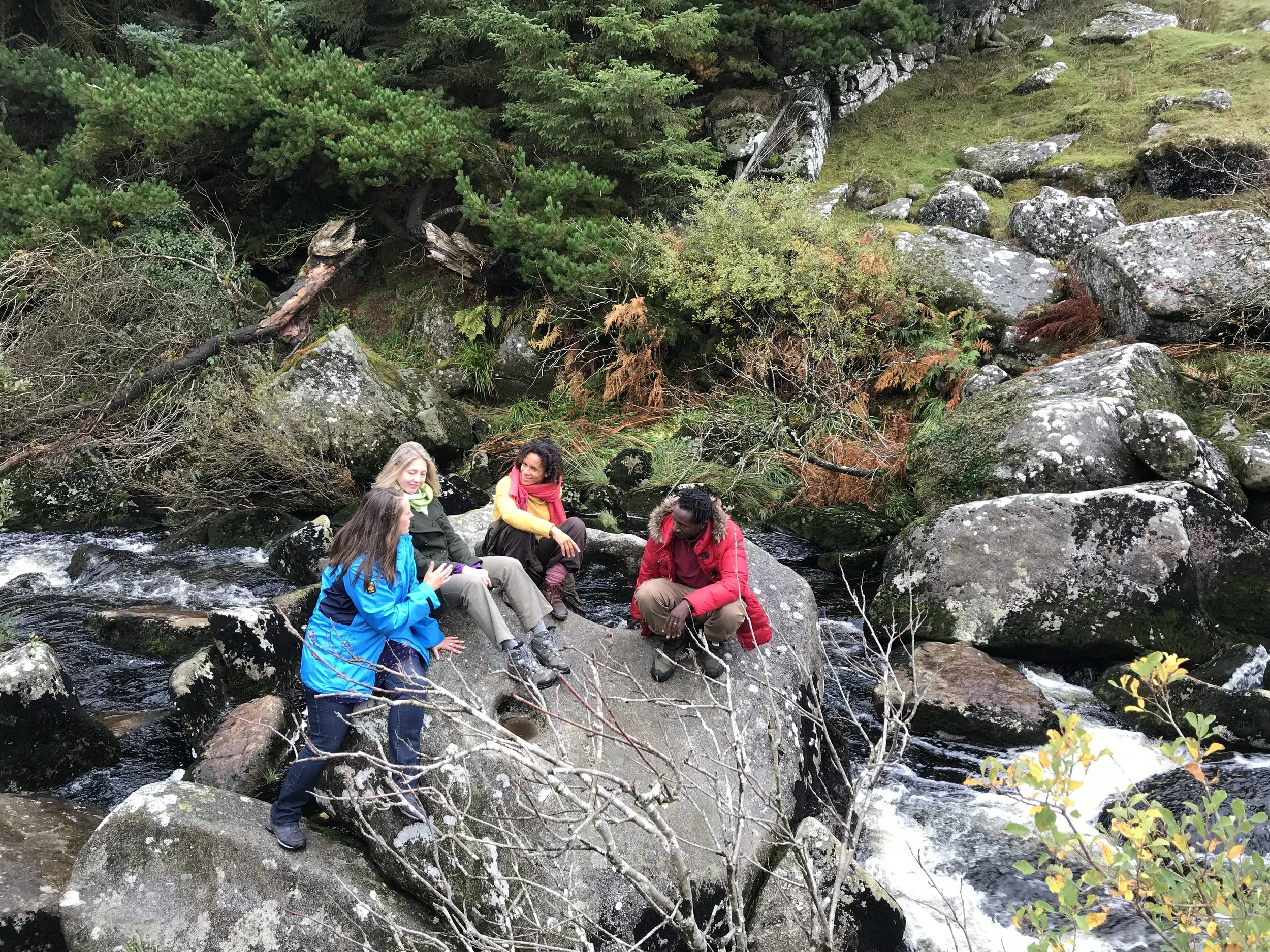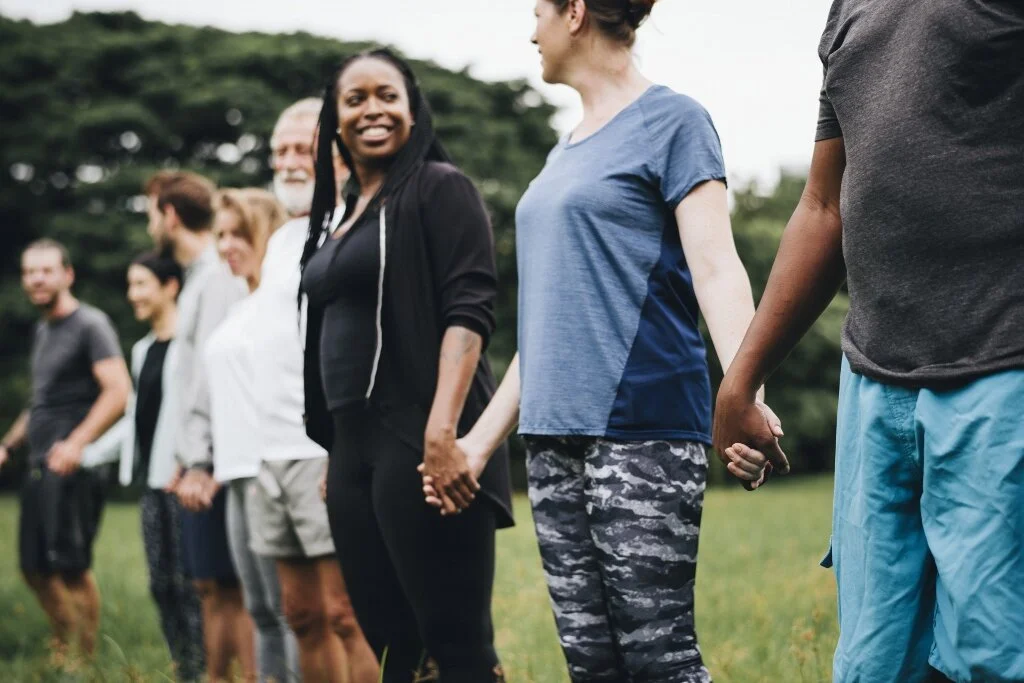Blog Introduction: Growing Healthy Group Cultures for a Better World
A Pivotal Moment in Human History:
For so many reasons globally, this time feels like a pivotal moment in human history. Many groups are struggling to stay positive, feel effective, and continue to find the gumption to keep up their good work in the world. Culture Garden sees the widespread and rapid changes happening all around us, in an increasingly complex world. We feel the confusion, the frustration, and the sense of loss as societies’ previous ways of organising and working together are rapidly becoming obsolete.
Groups of all kinds are aiming to make a shift:
In response, we see groups of all kinds aiming to make a shift towards new ways of being and doing together, in order to increase their effectiveness in our rapidly changing world. Some groups see this upheaval as an unexpected pathway to learning and growing in a VUCA world (Volatile/Uncertain/Complex/Ambiguous); some groups find solutions by engaging paradigms like Theory U, Reinventing Organisations, or Complexity Theory; some groups delve into the learnings of Sociocracy or Holacracy to improve their internal governance and decision making, and leadership ecology; while other groups might train up in Diversity, Equity & Inclusion to transform injustices and support their group members to feel safe. These are all positive ways to navigate their groups’ ability and agility as best they can.
Despite these groups’ best intentions — and often considerable skill — many find that they are unable to achieve the lasting changes they long for. They get re-stuck in the exhaustion of repetitive, destructive cultural patterns, which (although they are mostly hidden & unconscious) manifest in bullying, gossip, scapegoating, and burnout. To their own surprise, these things occur even within their own groups, often directly in opposition to the hopes, dreams and intentions that they are diligently working towards. These same groups have beautiful vision & mission statements designed to support the world around them to:
“reduce poverty” — yet they tend to overwork and underpay themselves;
“build trust between members in their communities” — yet they can’t even really trust each other or navigate conflict effectively; or
“run a social enterprise to support the local community” — yet they cannot turn a profit.
“These ruptures are often based on the paradigms in which they have been raised; ways that no longer serve their groups’ well being, or enable them to achieve their group’s intentions.”
In these challenging situations, the same people who once joined their group with clear intentions begin to slowly distance themselves, and eventually move away after too much struggling, mis-trust, or confusion. Many groups are internally collapsing under the weight of these culturally learned — (mostly) unconscious — behaviours. These ruptures are often based on the paradigms in which they have been raised; ways that no longer serve their groups’ well being, or enable them to achieve their group’s intentions.
Have you experienced this unhealthy chaos personally in your groups?
We have — In fact, most of the groups we know share these confusing experiences (aka “ruptures”), and like you, they are seeking insights to be able to rise above (aka repair) these draining, intolerable experiences. They have a deep inner awareness that their group’s well intended vision and actions ought to be causing more joy in the world around them, and more connectedness between its members, not less — and yet they continue to experience unresolved conflicts, and increased divisions, distracting them from being effective, and stopping them from living into their own defined highest purpose.
Transformation Requires a Willingness to Participate:
However, in our experience supporting groups, bringing awareness to these set backs, or even understanding where they are coming from, is not yet half the path towards your group’s transformation — it is actually only just the beginning, or the tip of the ice-berg. The real transformational work requires willingness to participate, as it goes much deeper, and wider. But the rewards are worth the effort! Our experience shows that groups need to be carefully supported while they learn the skills and practices required to understand and engage with their internal hidden landscapes:
to identify the dynamics, needs, and issues at play in their cultural field;
to compassionately release old patterns that no longer serve their wellbeing; and
to become active participants in co-creating healthy group cultures that express their values and (most importantly) empower and enable their good work in the world.
Culture Gardening — a Testing Ground
Culture Garden actively walks alongside groups that are in a change process, to help them identify the spaces where they begin to falter, to learn ongoingly, and to re-engage with the interpersonal practices & social technologies that support their particular healthy ways of being and doing together. We call this Culture Gardening – the practice of creating a supportive environment for groups in which a diversity of healthy cultural forms can grow. Culture Garden supports groups to utilise any of their chosen supports, practices and tools, while offering our wrap around services to support and hold them during their group’s transformational process.
“We call this Culture Gardening – the practice of creating a supportive environment for groups in which a diversity of healthy cultural forms can grow.”
Culture Gardening is a multi-dimensional process which brings awareness to the hidden cultural expectations (developed and carried beneath our conscious awareness) which are often more “felt” than “known”. It is both relational & structural — and yet we became acutely aware, that the barriers so many groups face, are primarily relational. This is why Culture Gardening enables groups to create both reciprocal and harmonious relationships between its members, while also ensuring it’s action plans and the more structural and systemic changes are effective, over time. Fundamentally, we have learned that ‘HOW’ we are together, informs, nourishes and inspires ‘WHAT’ we can achieve.
“We ourselves in Culture Garden are committed to being a testing-ground — an active laboratory — to practice the very skills we enable in the groups we support.”
We ourselves in Culture Garden are committed to being a testing-ground — an active laboratory — to practice the very skills we enable in the groups we support. Because fundamentally, we believe that by increasing the number of groups who are able to practice being well together from the inside-outward, we are contributing towards our values of a more collaborative, creative & connected world.
Our Team has many years of experience as participants and leaders in on-the-ground organising. We’ve seen successes and failures of many kinds, and we draw from our own experience as well as our understanding of culture-building Tools to support the groups we work with. We also provide and host our Programs & Services and Events to make Culture Gardening approaches accessible to individuals, groups, and communities across the UK, Europe and North America.
Stirring to Proverbial Pot — Repairing the Ruptures
Fundamentally, our aim is to enable healthy group cultures, and to do so, we stir the proverbial pot in order to encourage and sustain radical shifts in our ways of being & doing together. By learning and supporting each other to navigate the natural cycle of ruptures & repair in our groups, we can consciously, and with more vulnerability, increase our trust and compassion for ourselves and each other.
Our hope for these blog posts
This Blog page harvests and shares our stories and learning edges, to offer you our reflections from the live practice fields, and to contribute to a shared sensemaking so that we can collectively advance the learning curve towards more healthy groups — and not make the same darn mistakes!
Be gentle on yourselves in your group’s transformation, and seek out support early, and often. We are all in this together — for a better world.



